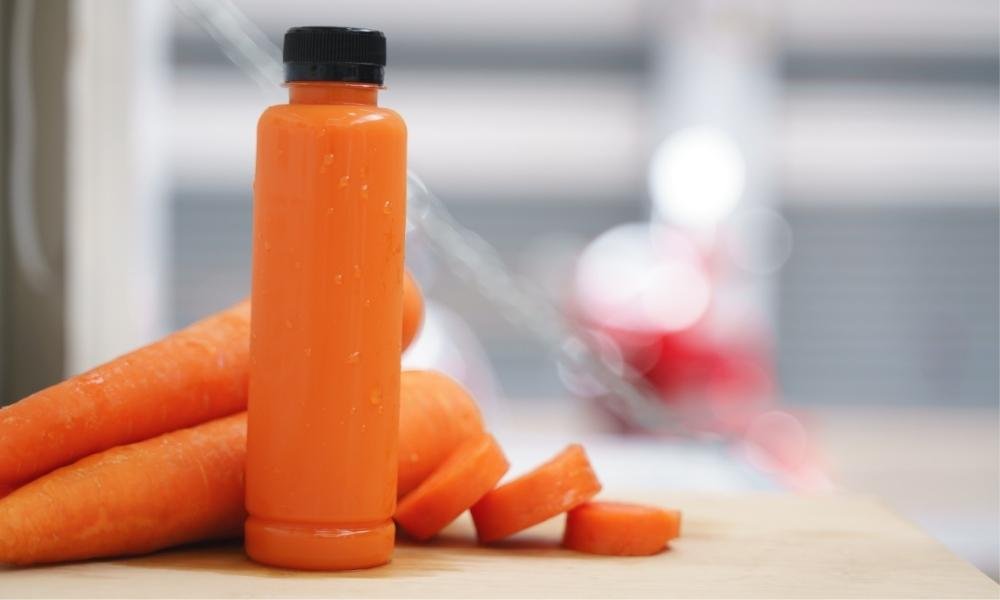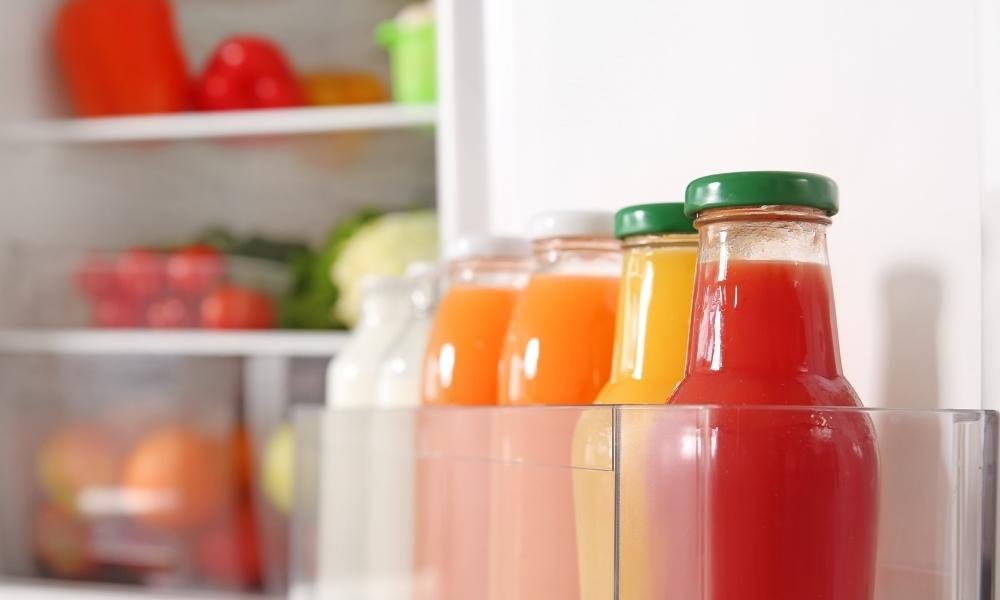With the rising concern over health, people across the globe have begun to focus on their diet to achieve their health goals. They may differ from one individual to another; for one it is to reduce weight, for another to get into their old pants, and for others to become a Greek god of sorts. Even the methods to achieve their goals may differ. However, one thing that remains constant is what you put into your systems i.e. what you eat on a daily basis.
Health Benefits of Drinking Juices
Of all the healthy eating habits you can add to your routine, drinking fruit or vegetable juice is one of the most common means to get the necessary nutrition to hit your health goals. There are a number of scientific pieces of evidence that suggests a diet rich in fruits and vegetables can reduce risk factors of chronic diseases. That includes cardiovascular disease, age-related degeneration, and several forms of cancer.
There has also been a review that suggests consuming juice without any sweeteners or other additives retains more nutritional value. This in turn contributes to the well-being of the individual. These factors clearly justify the surge in demand for organic fruit juice in the last few years.
However, given that juices are devoid of fibre, it would be a good idea to incorporate the leftover pulp after juicing into muffins, cakes or any other food.
Centrifugal Vs Cold Press Juice

Manufacturers of cold press juicers promote their products claiming to produce healthier juices. They also purport to have a longer shelf life in comparison to juice made from centrifugal juicers.
The argument behind this claim is that juices extracted from centrifugal juicers use a fast-moving blade that extracts the juice from the flesh. The fast-moving blade generates heat which can reduce the nutritional content of the juice.
On the other hand, cold-pressed juicers first crush the fruit and then extract the juice slowly with the help of slow-moving blades which generates almost no heat. Thus, they preserve the nutritional integrity of the juice. This notion has gained popularity over time, thanks to the endless promotional campaigns companies have run over the years. But, it holds no ground as per research.
Upon measuring the levels of Vitamin C, phenolic content, carotenoid and antioxidants in pineapple, guava, carrot and dragon fruit juice, it was found that they were not significantly different irrespective of whether they were obtained using a centrifugal or cold press juicer.
As expected, according to research, blending was reported to give better results in terms of preserving the nutritional integrity of the juice. Blending fruits resulted in a stronger antioxidant capacity and higher phenolic content than juices obtained by a centrifugal juicer or cold-pressed juicer. But even here an exception is that juicing was found to retain a higher level of Vitamin C compared to blending.
However, note that for this research, the scientists extracted juice by running the centrifugal juice for just 30 seconds. A higher run time may generate more heat and result in lower quality.
Related reading: Best Juicer Mixer Grinders In India
Effect of Storage Conditions on Nutritional Composition

Another factor that affects the nutritional composition of the juice is the storage conditions. The temperature and time period, in particular, are the key factors in this matter.
It is observed that storing juice in a refrigerator for 48 hours period did not cause any negative effect on its quality whether it was from a centrifugal juicer, cold-press juicer or a blender. So, the researchers applied the same process over a longer period of 7 days to understand the effect of storage conditions on the nutritional composition of juices.
It was found that the total aerobic bacteria and yeast/mould counts of juices did not vary significantly during the storage period compared to those of the freshly squeezed ones. Except for pineapple juice, the pH and total soluble solids were not significantly different from that of freshly prepared ones either. However, except for guava juice, most others like pineapple, carrot and dragon fruit juice saw a drop in flavour and colour after 7 days. Here again, this value did not differ for juice obtained by centrifugal juicer and cold press juicer.
Conclusion
To conclude, the hype over the different variants of juicers is quite misleading and the companies promoting this should be questioned for their actions. Whatever variant of juicer or blender you plan to own, take it on the basis of your budget and convenience and not in consideration of your health.
As we mentioned earlier in the article, there is barely any difference in the nutritional composition of the juice extracted from any of the variants. Until the researchers have something more solid to say about the shelf life of freshly squeezed juices, a storage period of up to 5 days in a refrigerator is definitely prudent given the fact that such food items do perish faster.
Having a glassful of fruit juice is definitely recommended but it is definitely not the only way to achieve good health. If you have any doubts and concerns over the preparation and storage of freshly prepared fruit juice, just stick to having a whole fruit once a day. Last but in no way least, using your intuition is highly recommended in such matters where there is no clear conclusion and is affected by a number of random factors.
Hoping our readers can make the best of such insights and use them to their advantage and share it around. We hope you smash that health goal you have for 2023!
